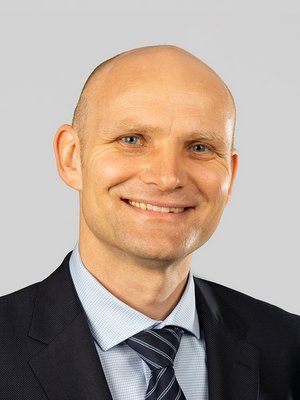Martin Gräbner

Prof. Dr. Martin Gräbner
Session: Supply Chain & Sustainability Management
Title: Chemical Recycling by
Pyrolysis and Gasification
Martin Gräbner achieved his Diploma 2006 in Energy Process Engineering at the Technical University Bergakademie in Freiberg (Germany), and obtained his PhD at the Institute of Energy Process Engineering and Chemical Engineering (TU Bergakademie Freiberg). From 2012 until 2021 he worked for AIR LIQUIDE Forschung und Entwicklung GmbH in Frankfurt/Main, Germany as an International Senior Expert for Gas Production – Gasification and as the Scientific Director for Combustion and Syngas Production. Since 2021 he is the Director of the Institute of Energy Process Engineering and Chemical Engineering and Professorship for Energy Process Engineering at TU Bergakademie Freiberg, Branch Lab “Circular Carbon Technologies” in Freiberg (Fraunhofer Institute for Microstructure of Materials and Systems - IMWS). His research main areas are:
- Electrification of chemical processes by direct integration of renewable power
- Plasma-assisted processes for chemical recycling of problematic wastes
- Concept development for advanced circular carbon technologies
- Influence of feedstock quality on pyrolysis and gasification processes
- Analysis and simulation of process chains for CO2 capture and utilization
- Production of CO2 neutral synthetic fuels

